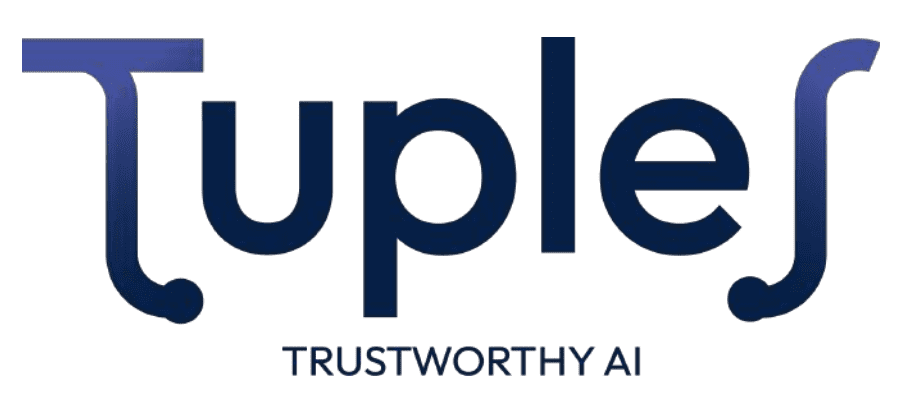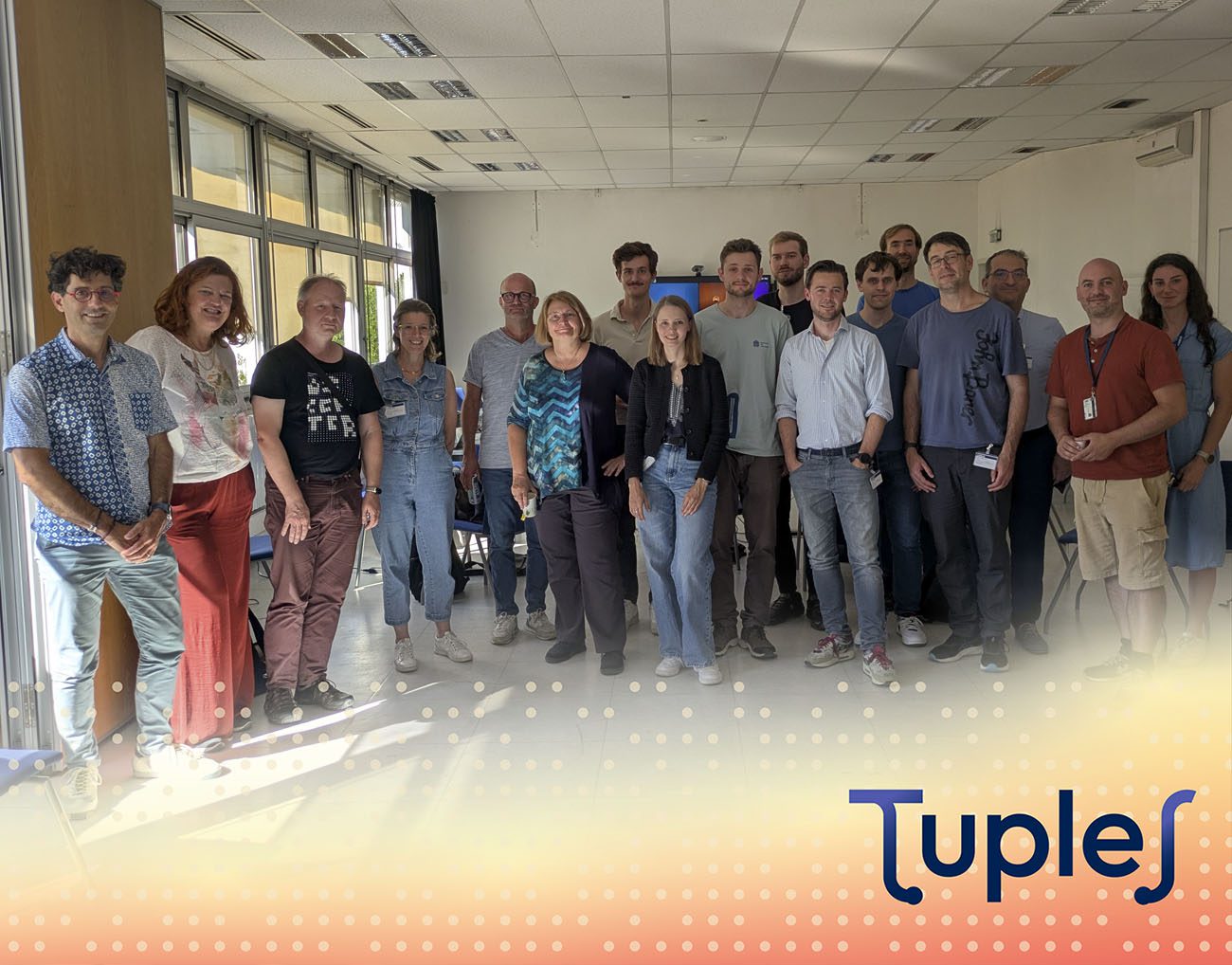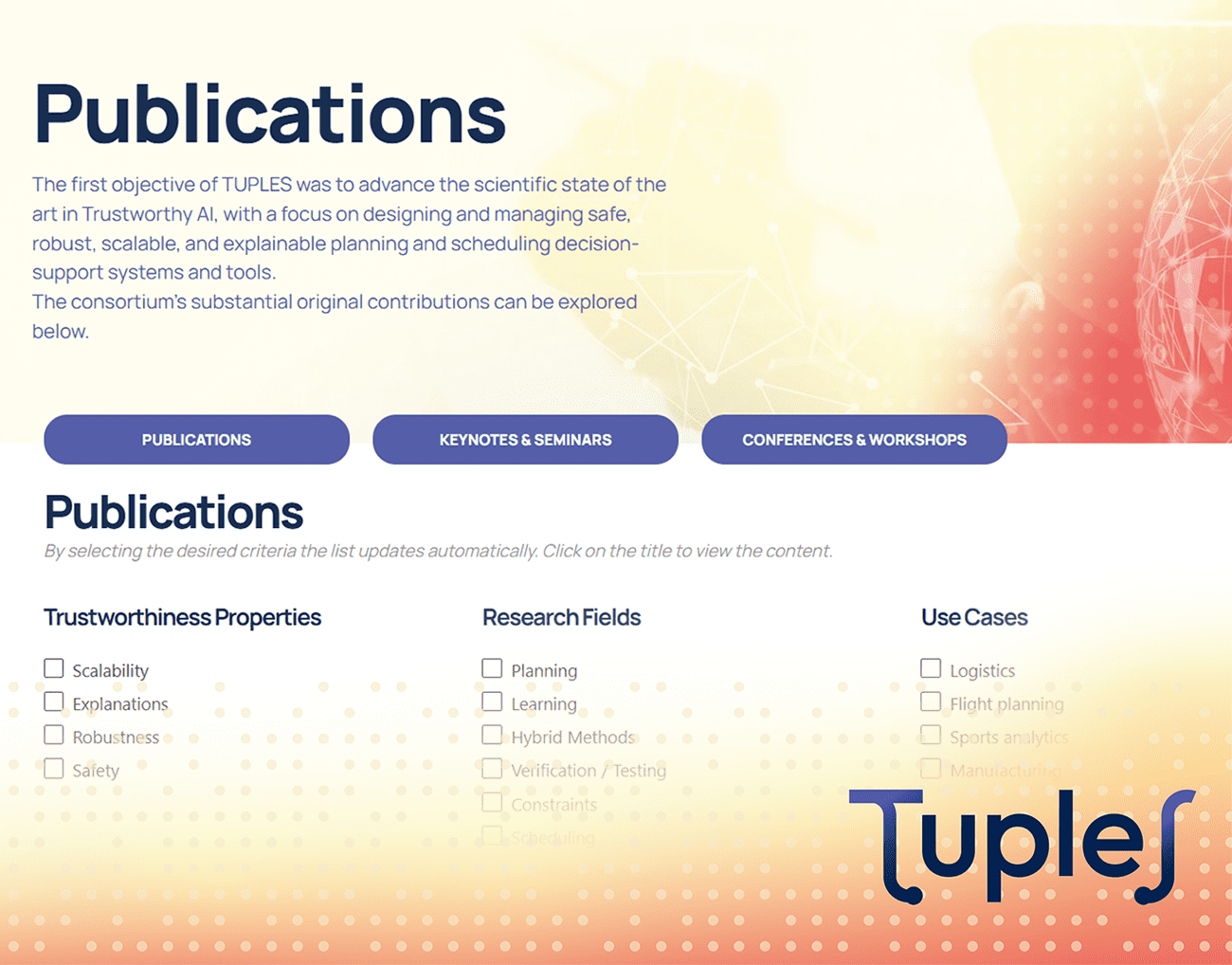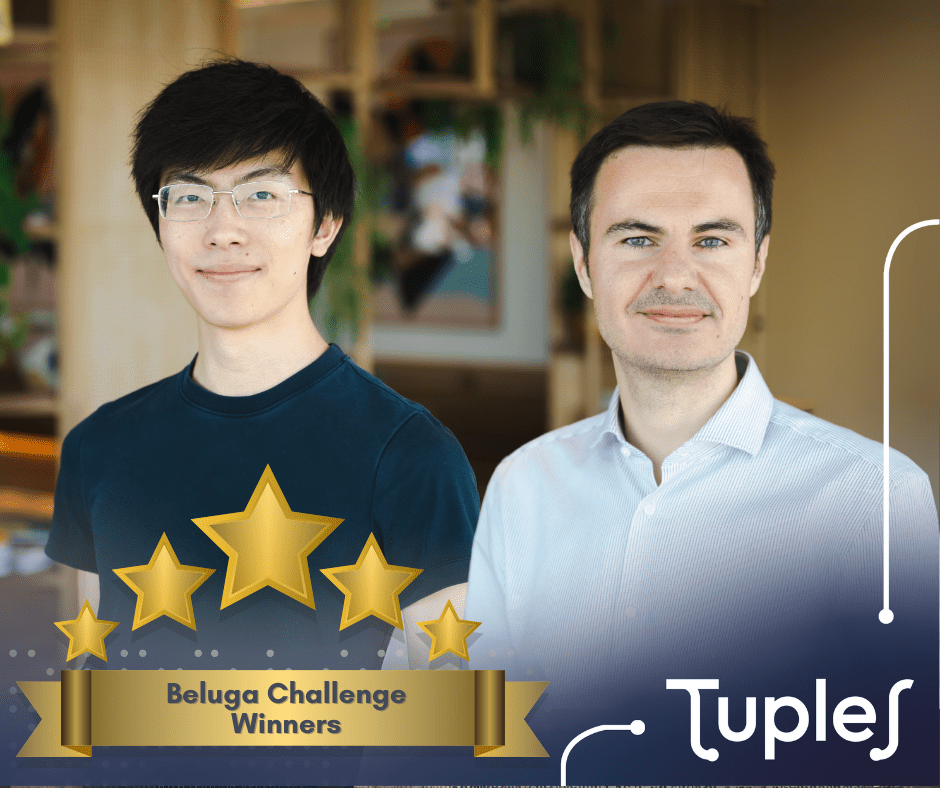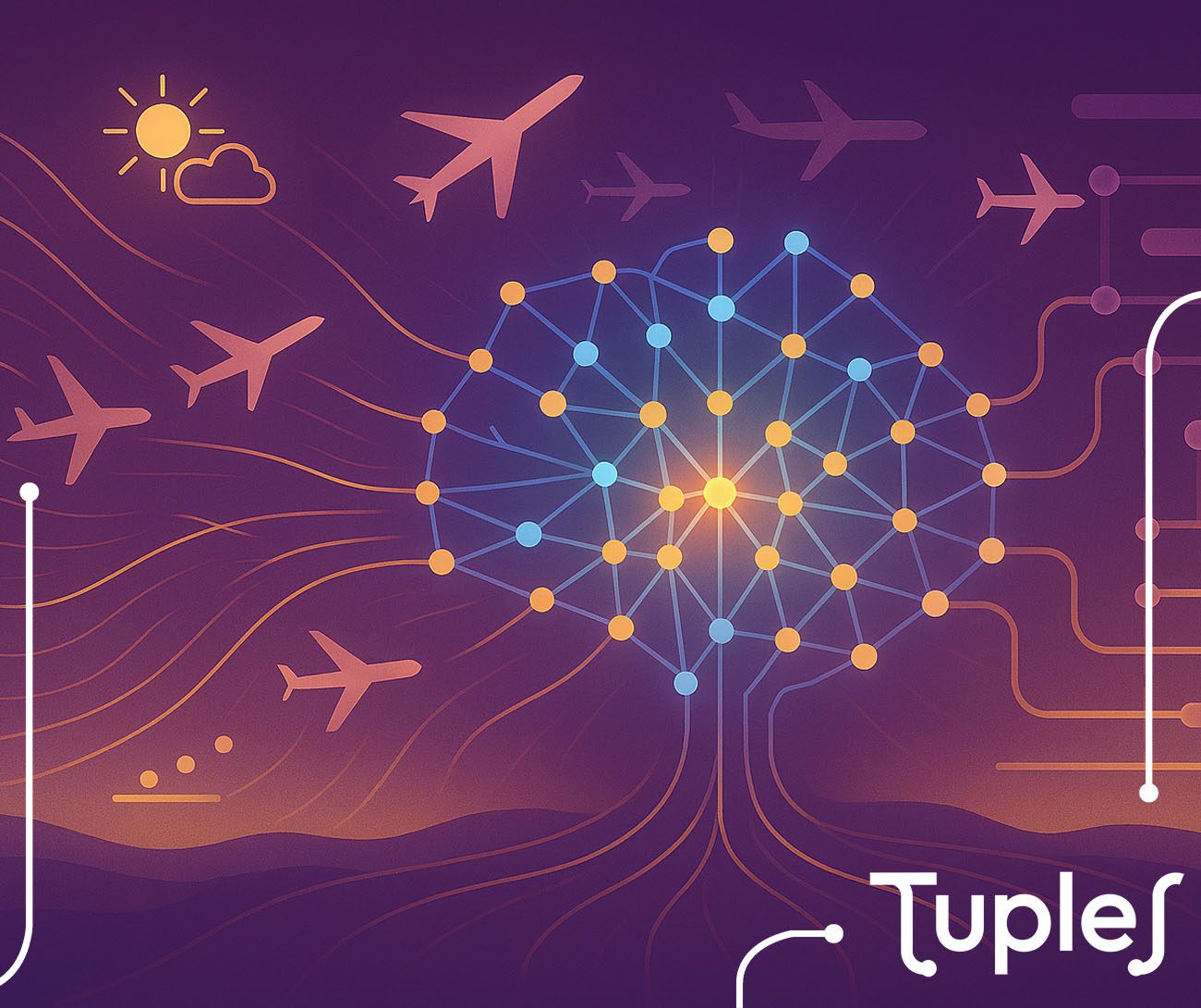A paper by Saarland AI Group has been presented at the 37th AAAI Conference
-
21/02/2023
-
NewsNews
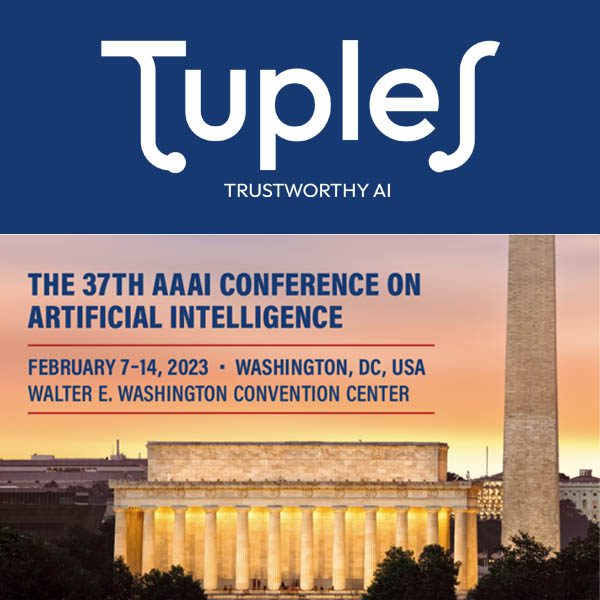
Marcel Vinzent PHD at Saarland University in the AI Group has presented a paper on Neural Policy at the prestigious AAAI Conference. The 37th edition took place in Washington DC.
The paper is “Neural Policy Safety Verification via Predicate Abstraction: CEGAR” and is written by Marcel Vinzent, Siddhant Sharma, Joerg Hoffmann.
Neural networks (NN) are an increasingly important representation of action policies π. Recent work has extended predicate abstraction to prove safety of such π, through policy predicate abstraction (PPA) which over-approximates the state space subgraph induced by π. The advantage of PPA is that reasoning about the NN – calls to SMT solvers – is required only locally, at individual abstract state transitions, in contrast to bounded model checking (BMC) where SMT must reason globally about sequences of NN decisions.
Indeed, it has been shown that PPA can outperform a simple BMC implementation. However, the abstractions underlying these results (i.e., the abstraction predicates) were supplied manually.
In this work the authors automate this step. They extend counterexample guided abstraction refinement (CEGAR) to PPA. This involves dealing with a new source of spuriousness in abstract unsafe paths, pertaining not to transition behavior but to the decisions of the neural network π.
They introduce two methods tackling this issue based on the states involved, and they show that global SMT calls deciding spuriousness exactly can be avoided. They devise algorithmic enhancements leveraging incremental computation and heuristic search. They show empirically that the resulting verification tool has significant advantages over an encoding into the state-of-the-art model checker nuXmv. In particular, the approach used is the only in our experiments that succeeds in proving policies safe.
The work contributes to TUPLES’s goal of developing verification methods capable of reasoning about AI systems, specifically represented by neural networks. Saarland University is partner in the TUPLES project (link to the Saarland page in Tuples).
You can read the paper here.
Latest News
Relive the Award Ceremony and gain insights into how the winners turned a real-world logistics problem into a showcase of trustworthy, scalable, and explainable AI.
The body of scientific publications produced within TUPLES is not only extensive, but also marked by significant quality and international recognition, with contributions featured in some of the most respected journals and conferences in the field.
We are proud to highlight the achievement of Bernardino Romera-Paredes and Kerry He from Hiverge, who won both Scalability tracks (Deterministic and Probabilistic).
A unique learning experience, moving from theory to practice and exploring the challenges of trustworthy AI in a realistic industrial setting.
